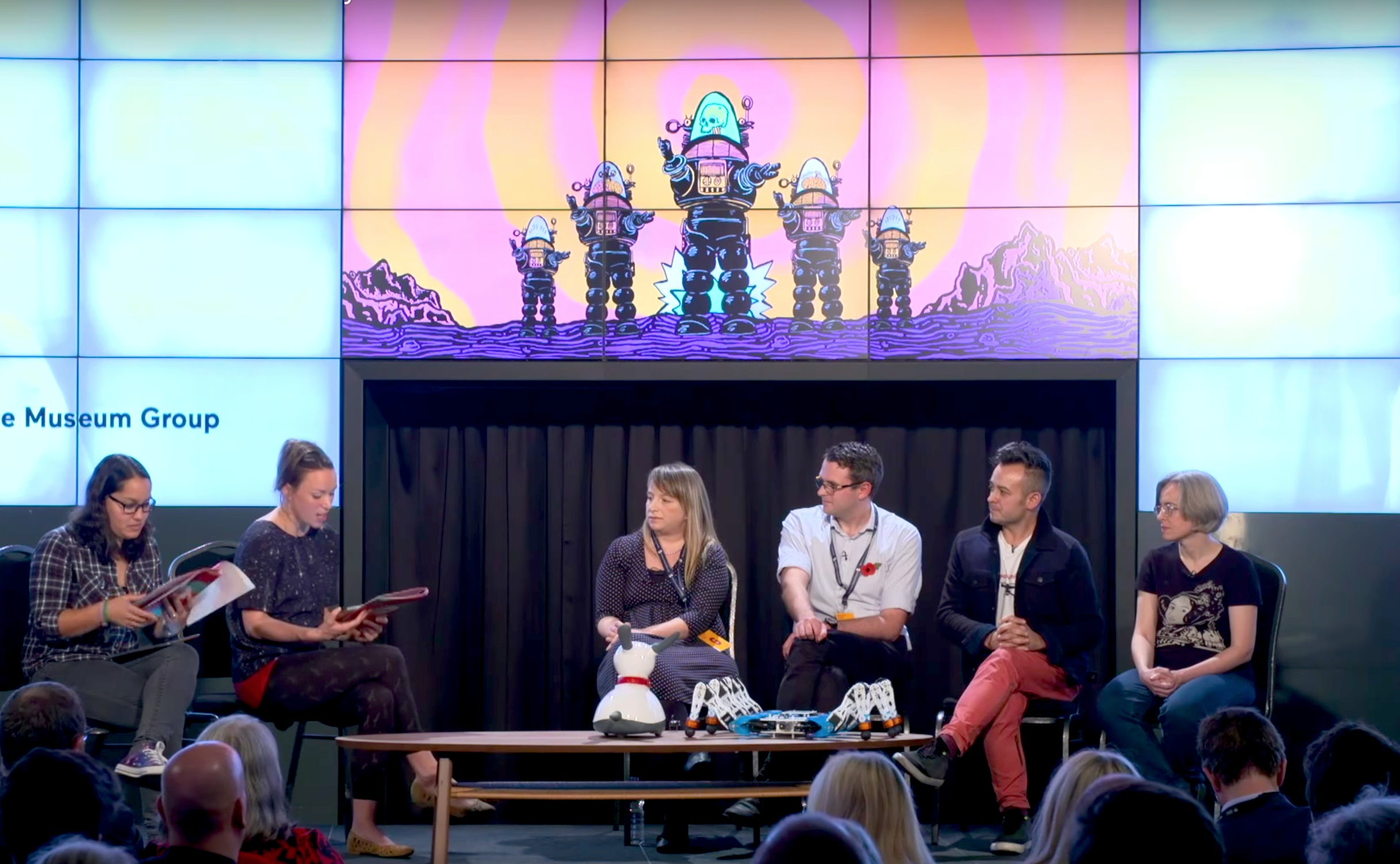
Make it stand out
What’s been happening?
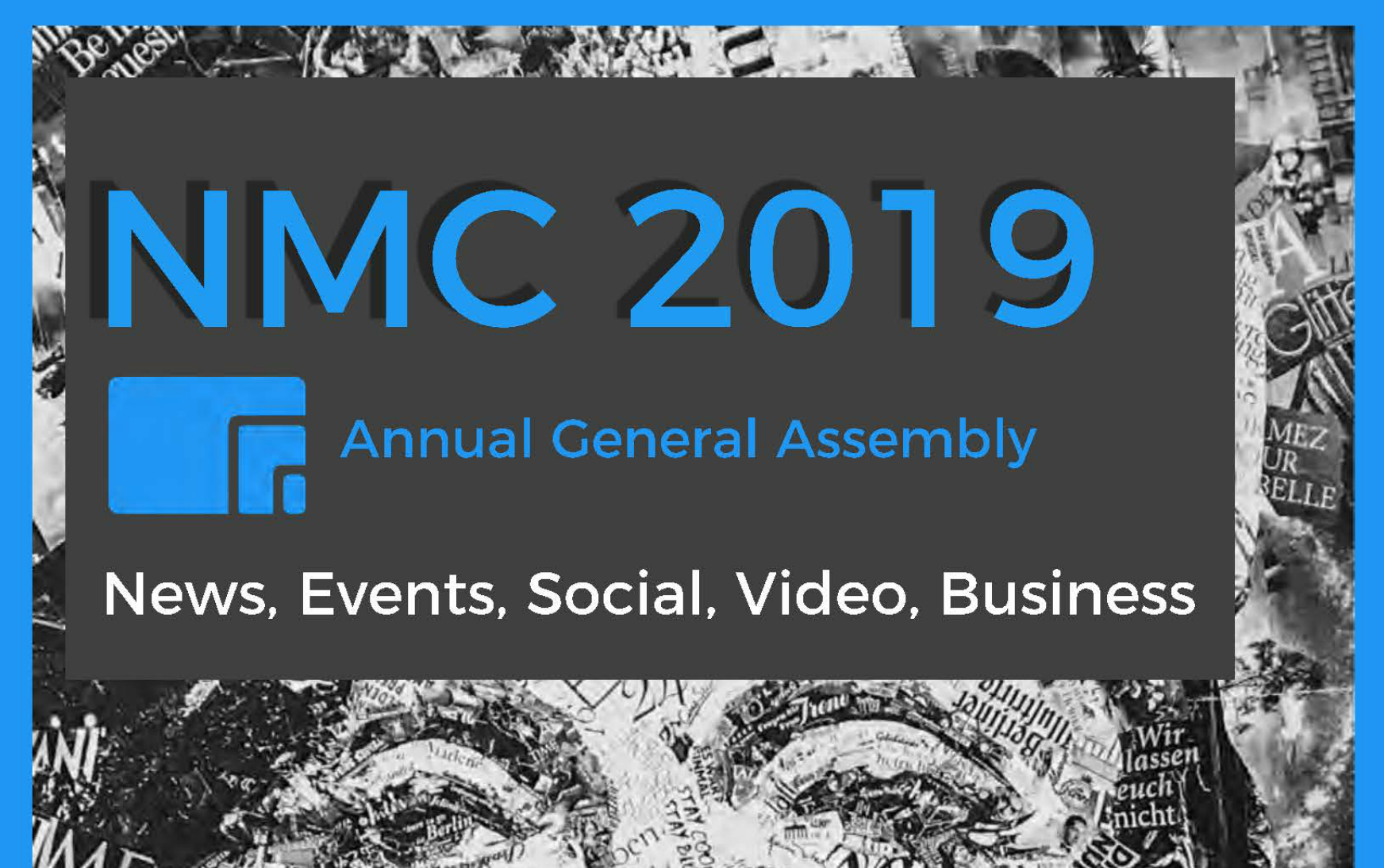
News Media Coalition
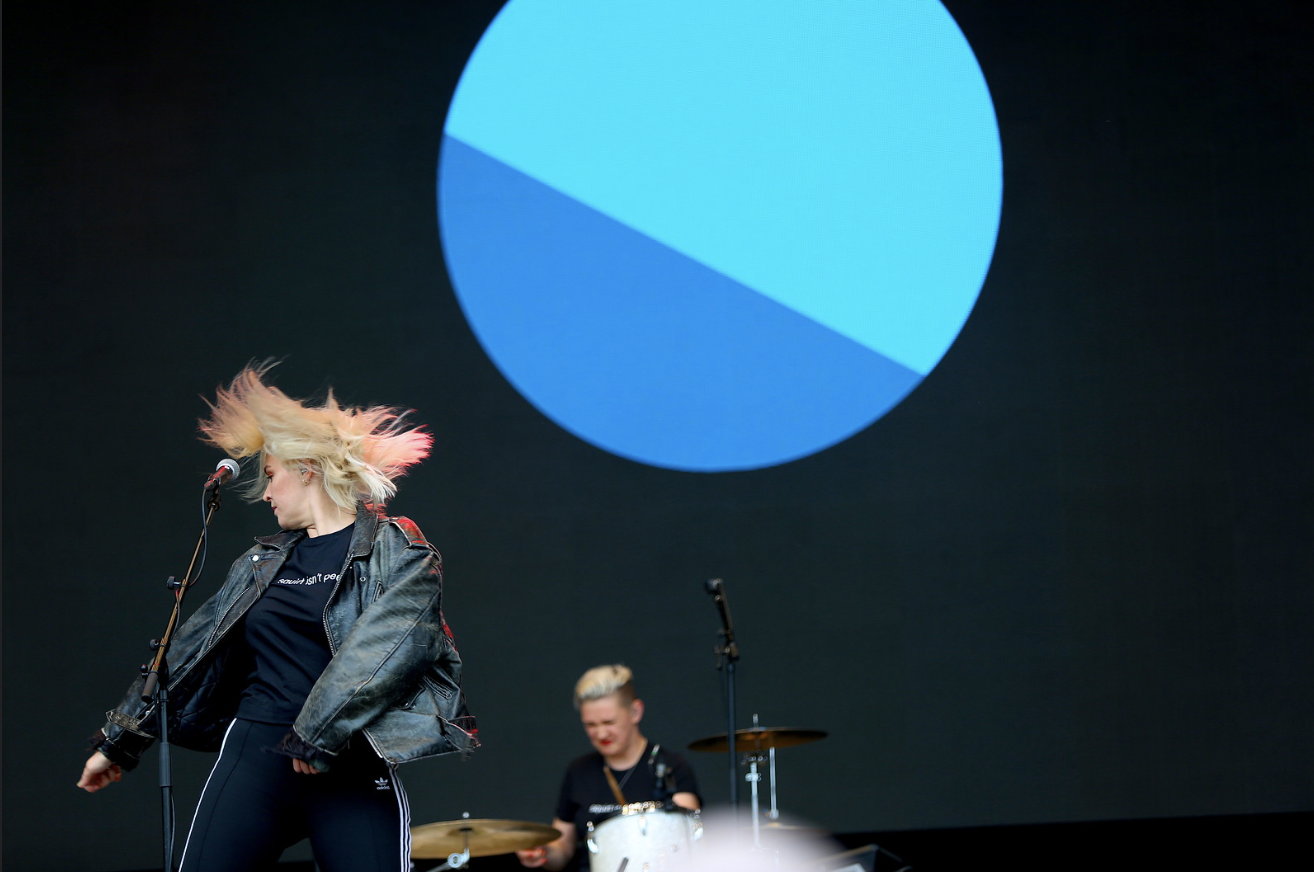
Transhumanism @ BlueDot Festival
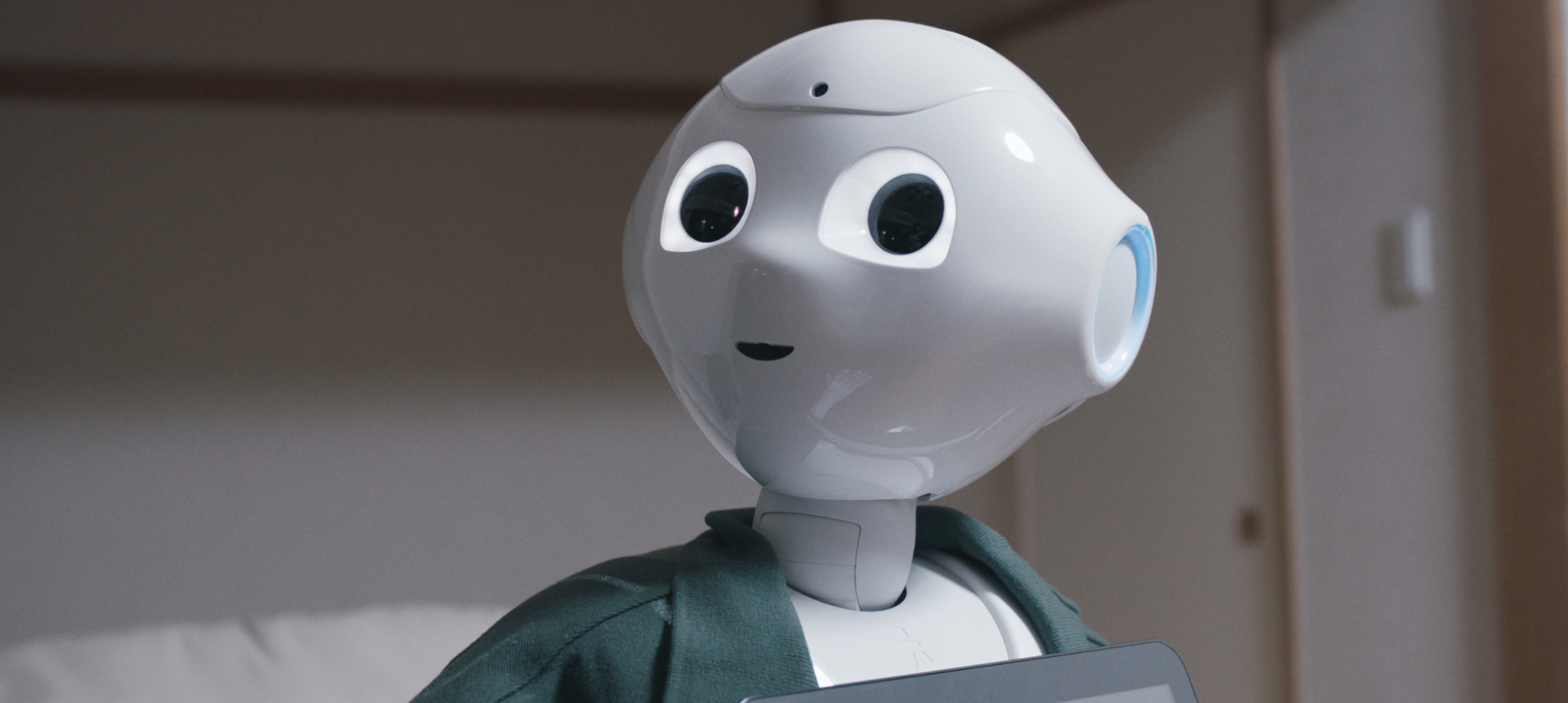
Sheffield International Documentary Festival
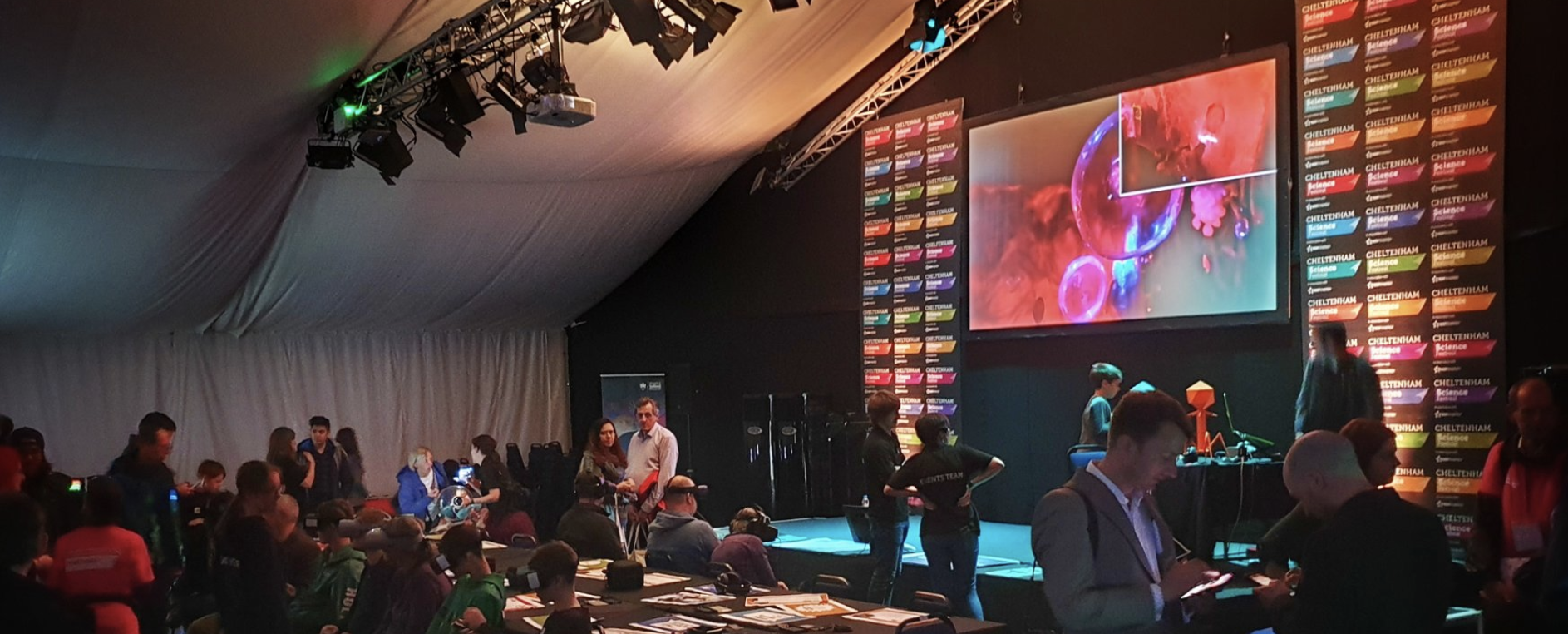
Cheltenham Science Festival
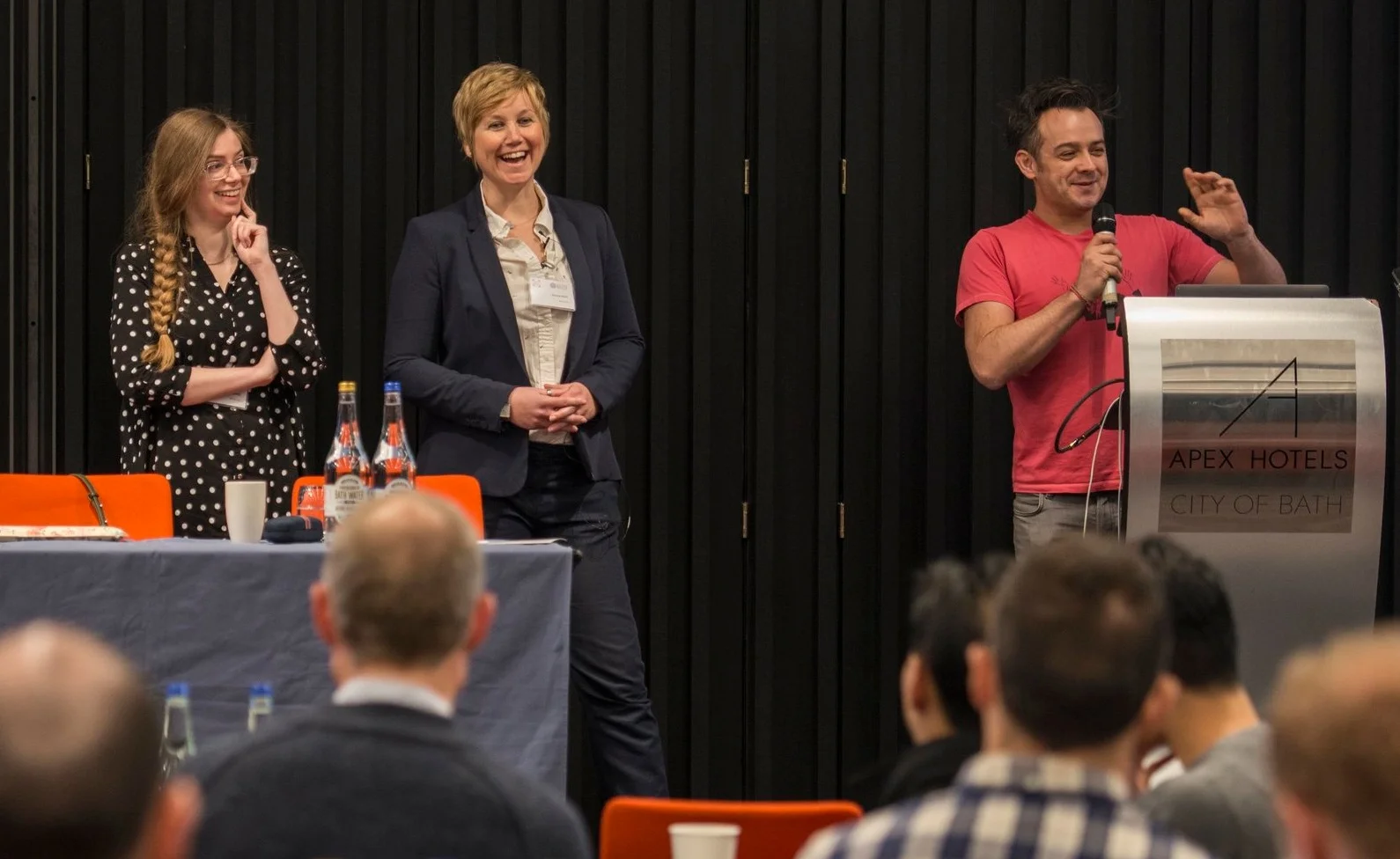
Digital Health Generation 2019
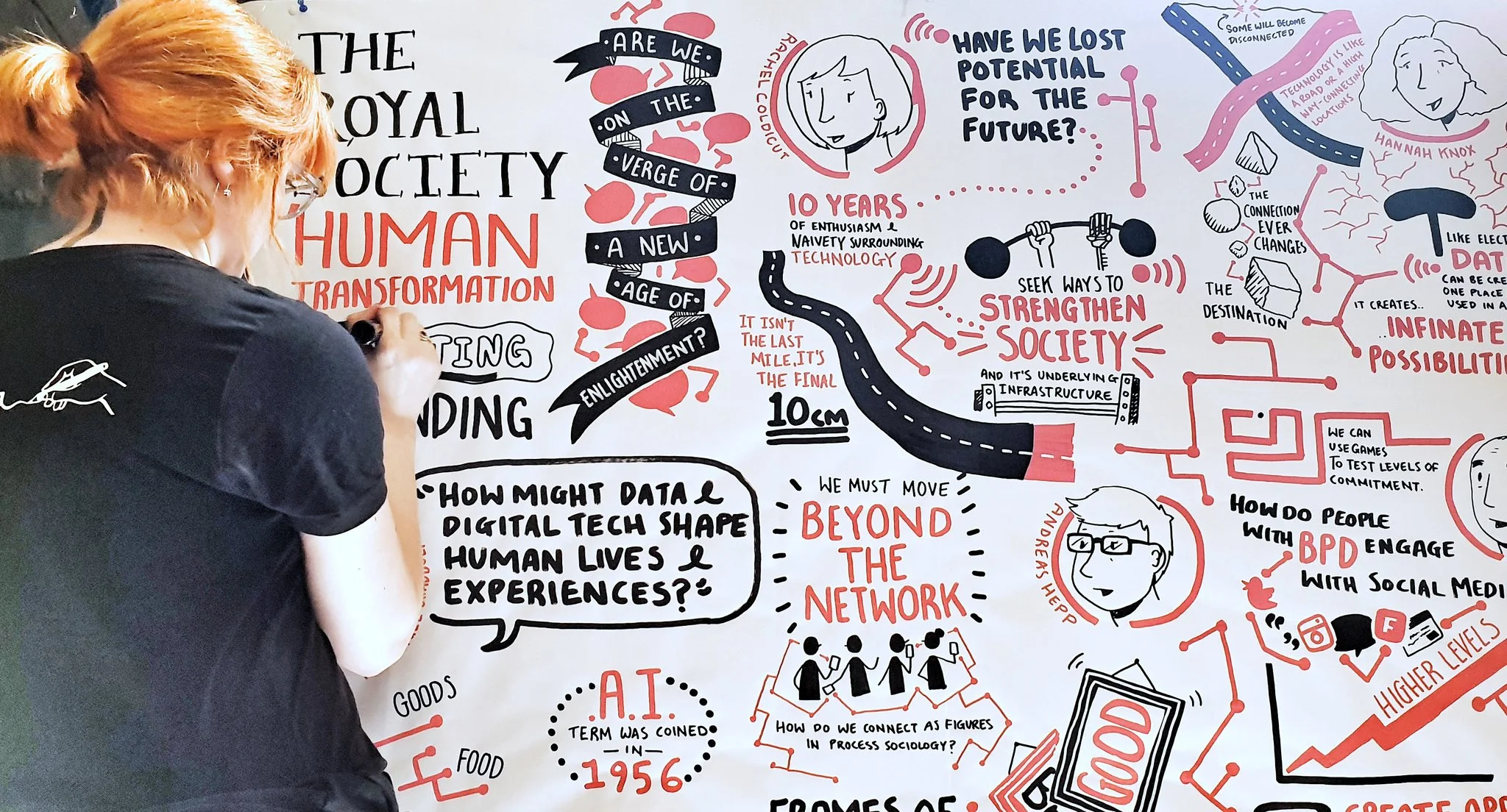
The Royal Society and the Digital Society
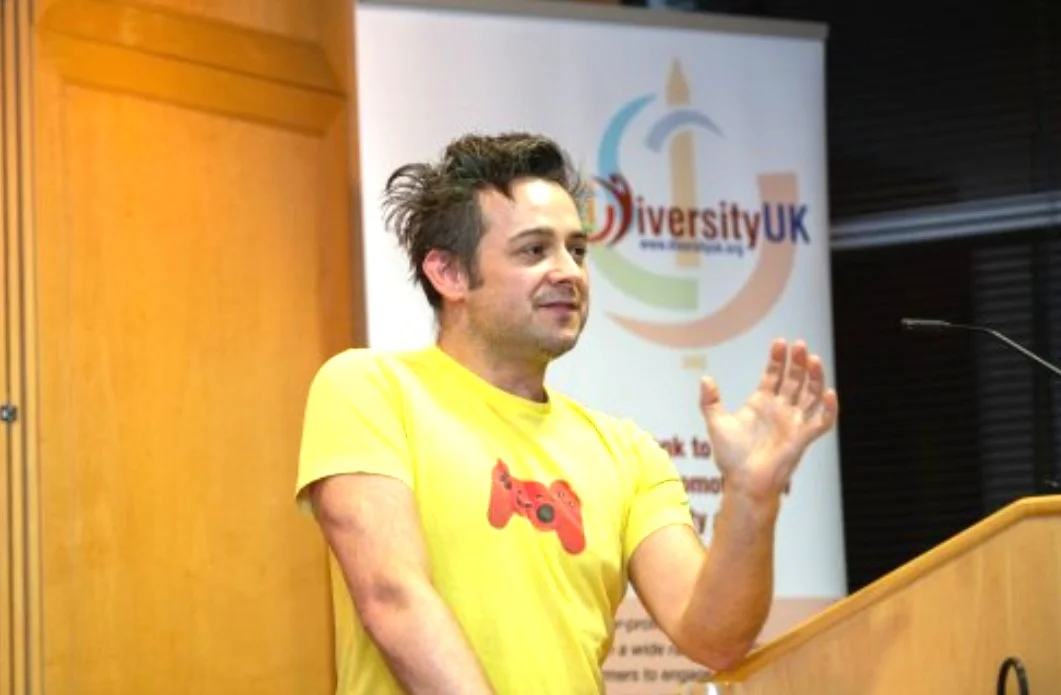
E(merging) Technologies & The Ideas Economy
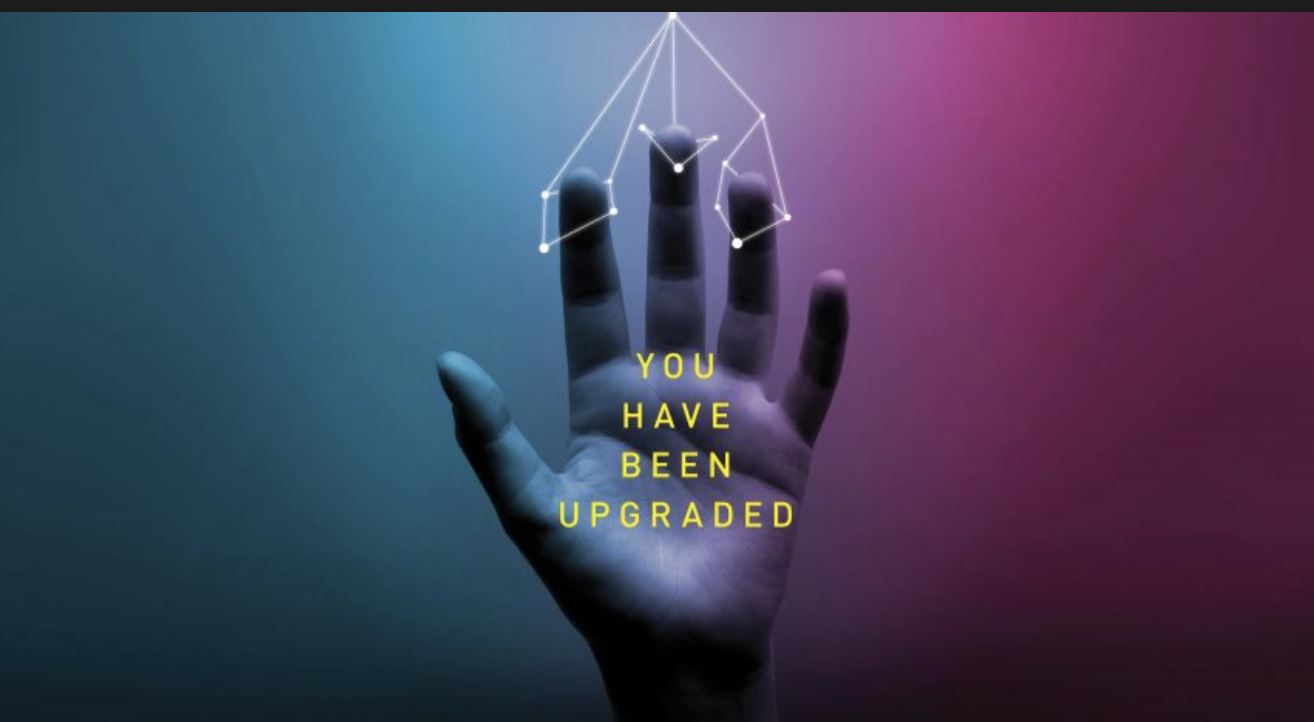
You have been upgraded
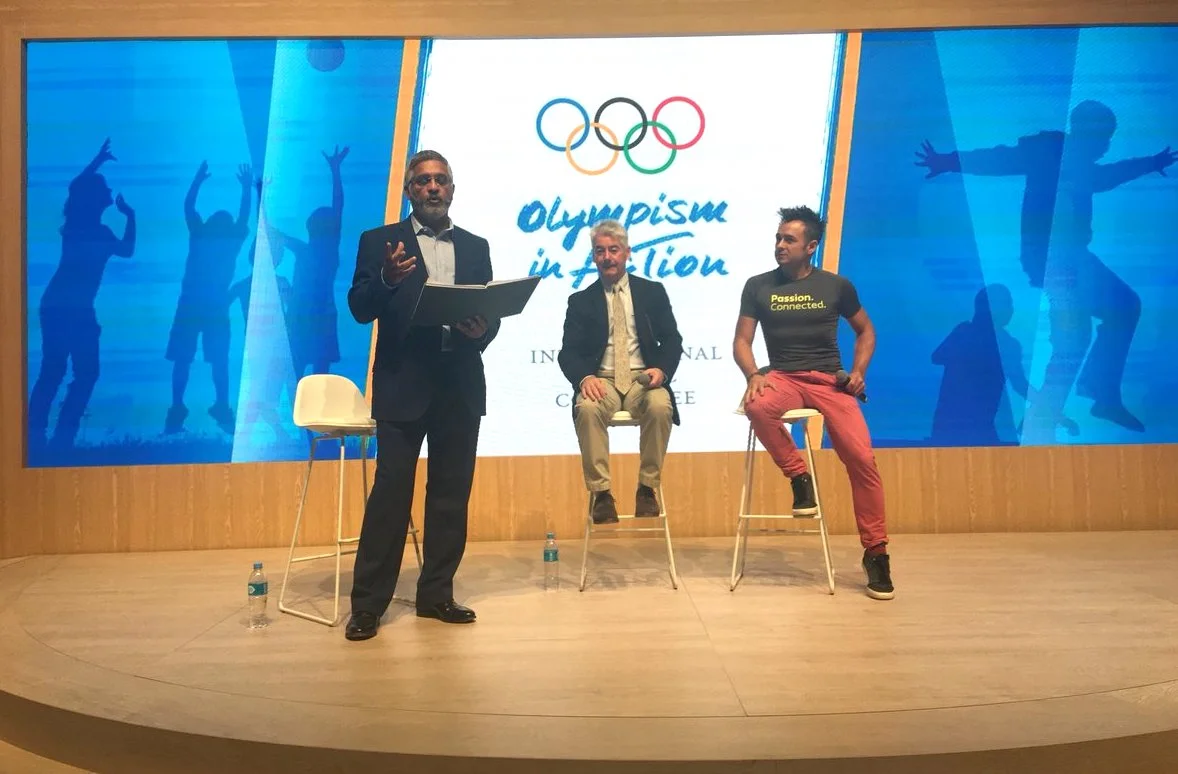
Olympism in Action
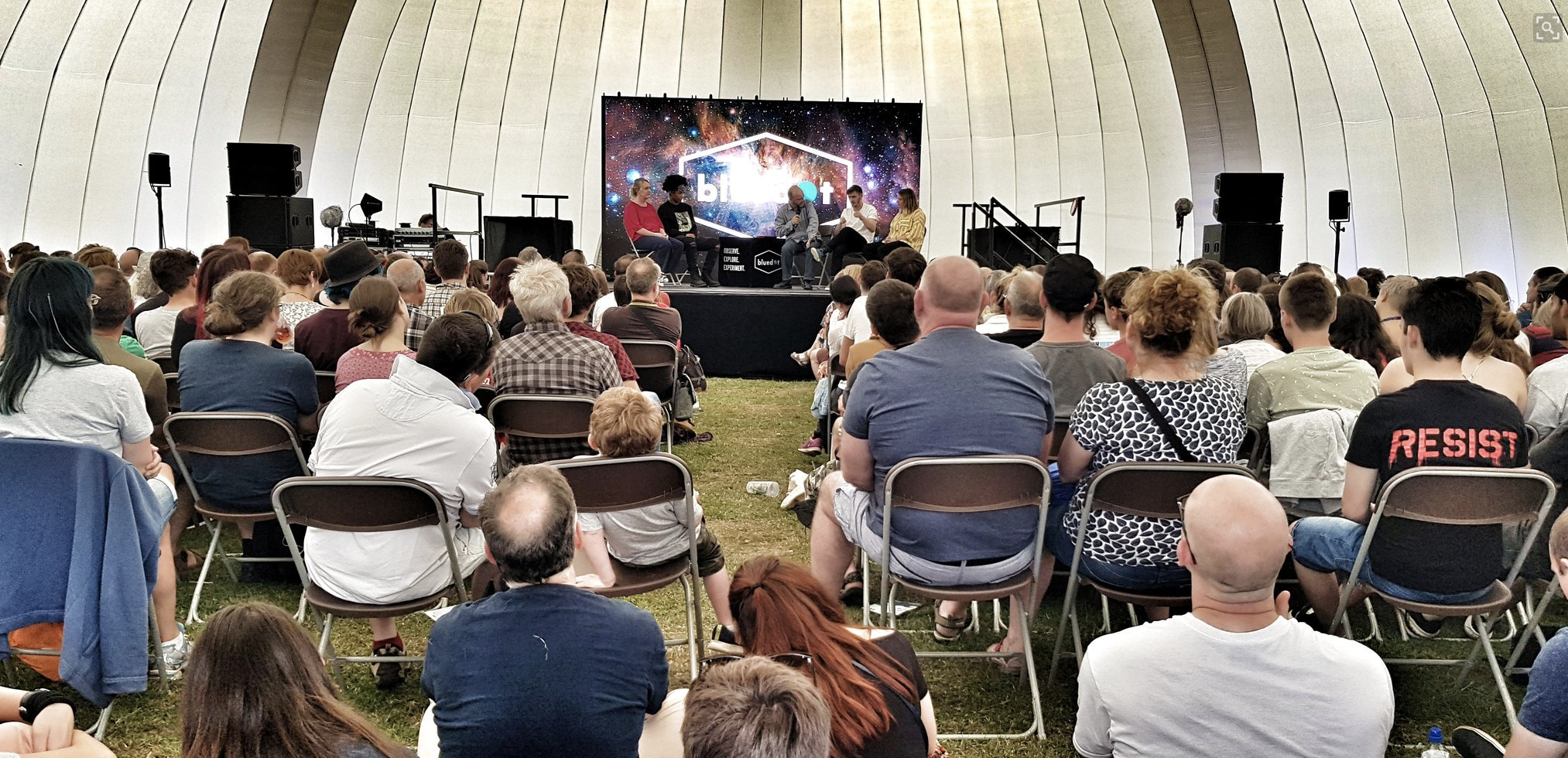
The Prospect of Immortality #BlueDotFestival
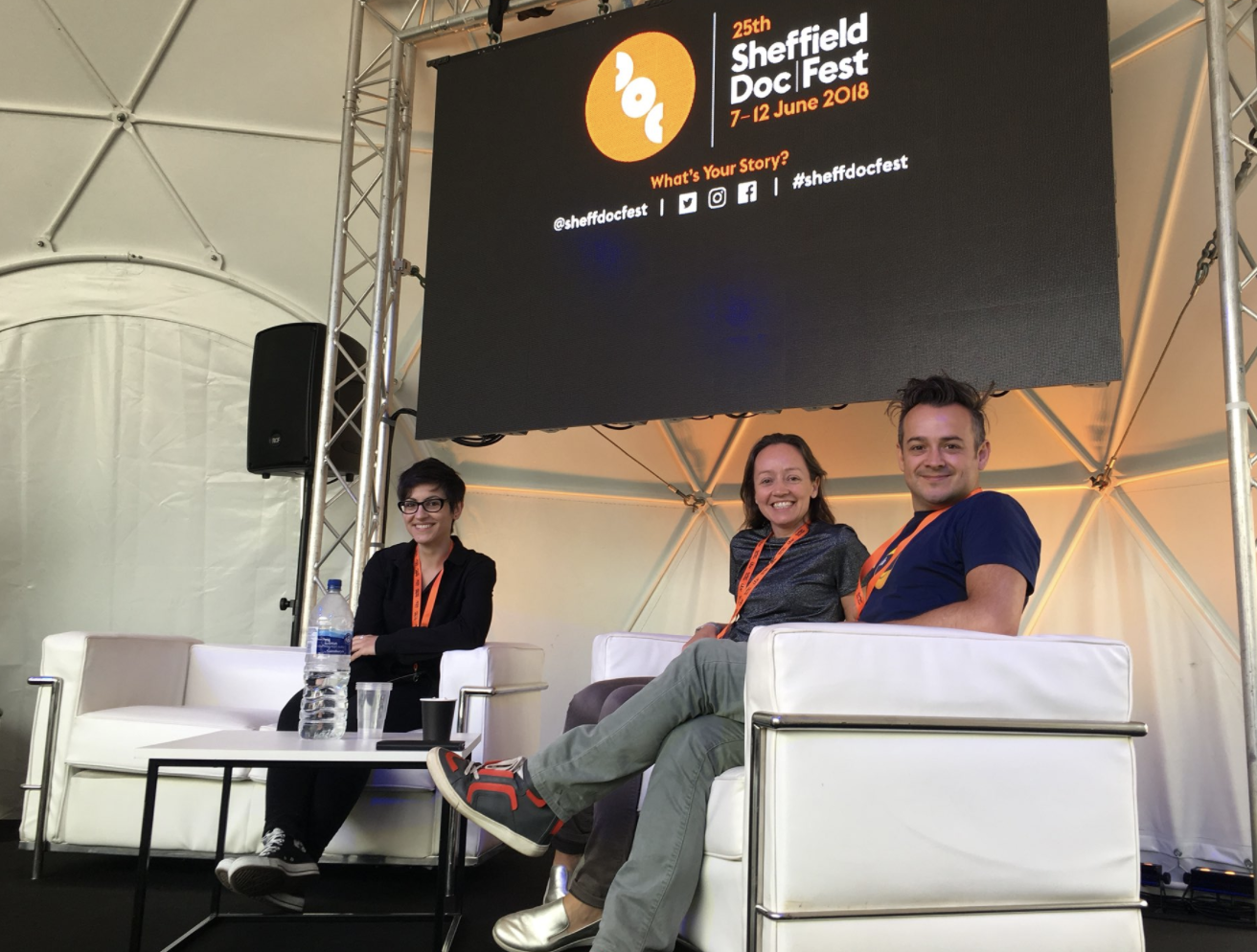
Virtual Reality for Mental Health #SheffDocFest
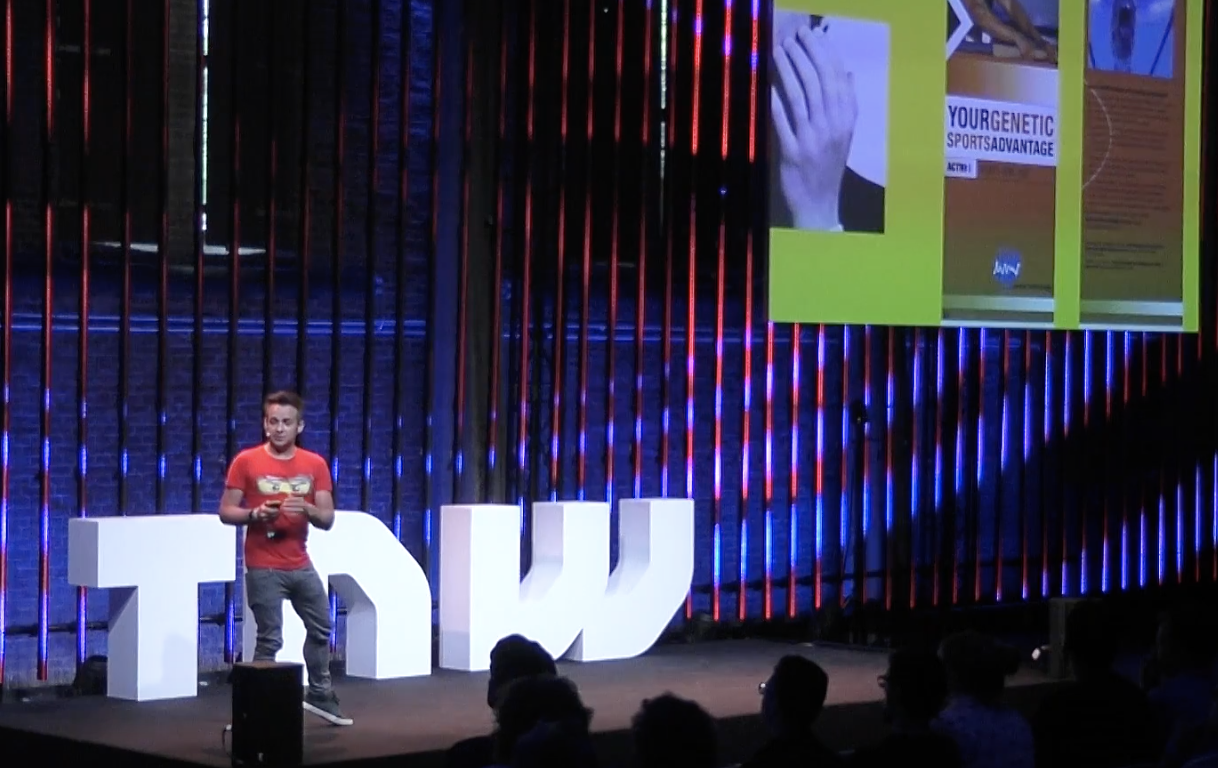
The BioDigital Athlete #TNW2018
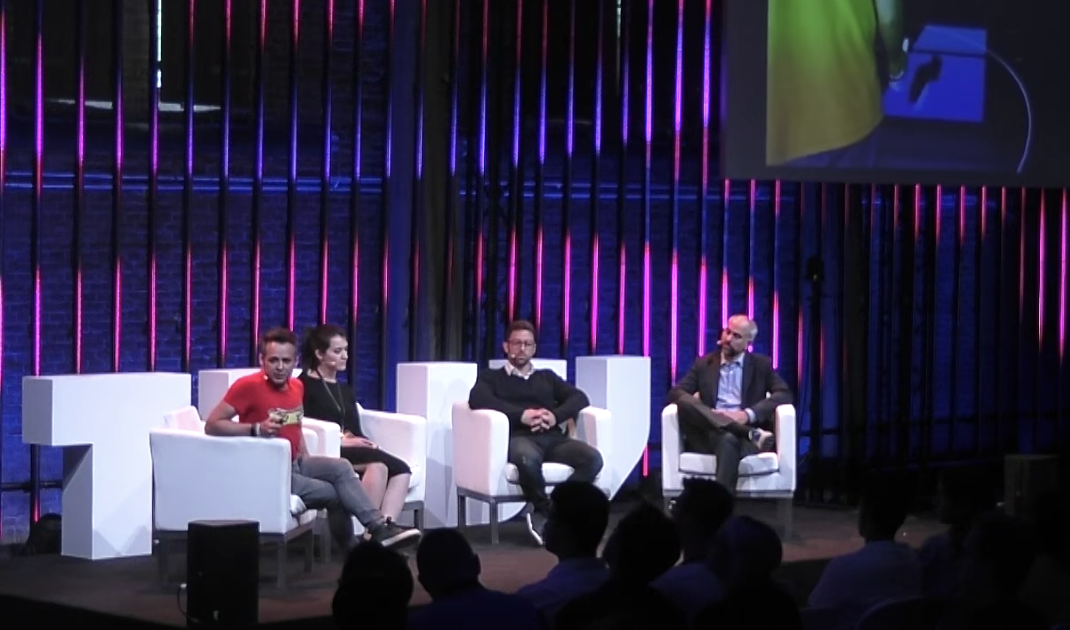
The Next Web does eSport

Digital Health in the House of Commons
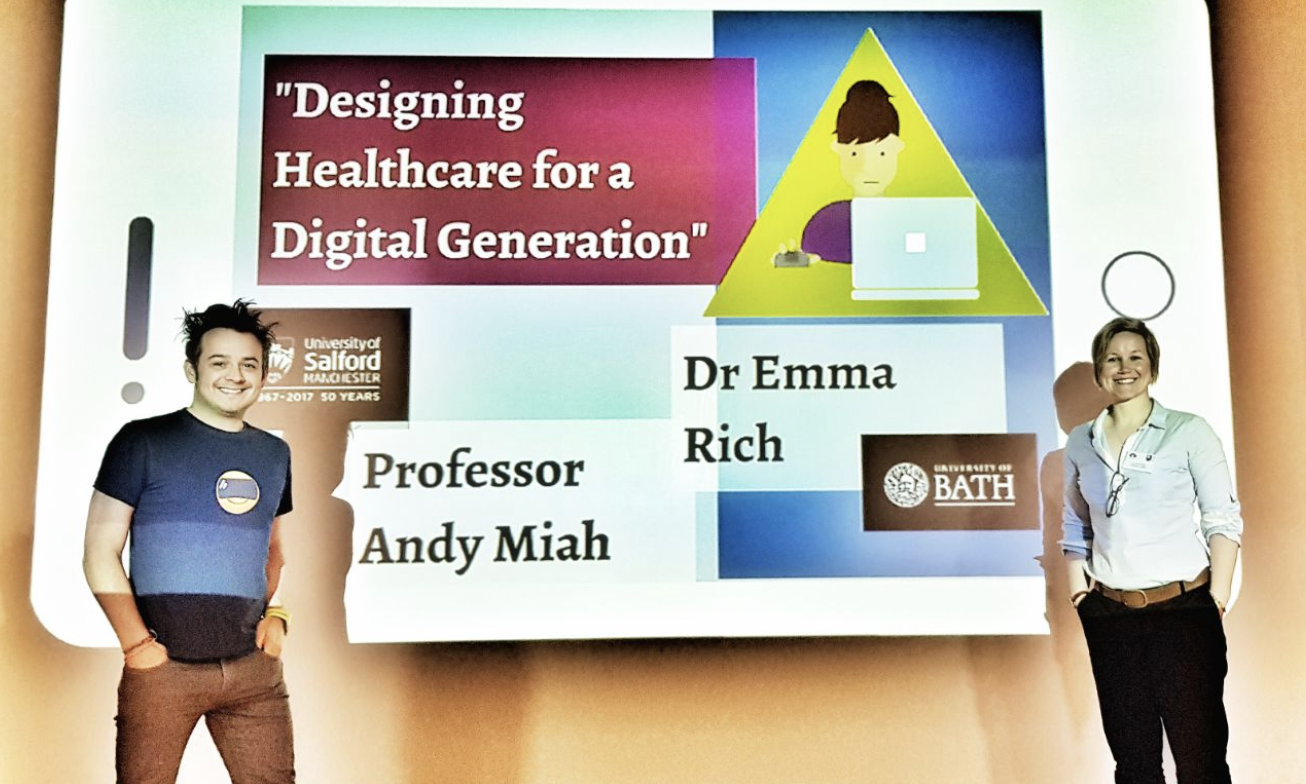
Designing Healthcare for the Digital Generation
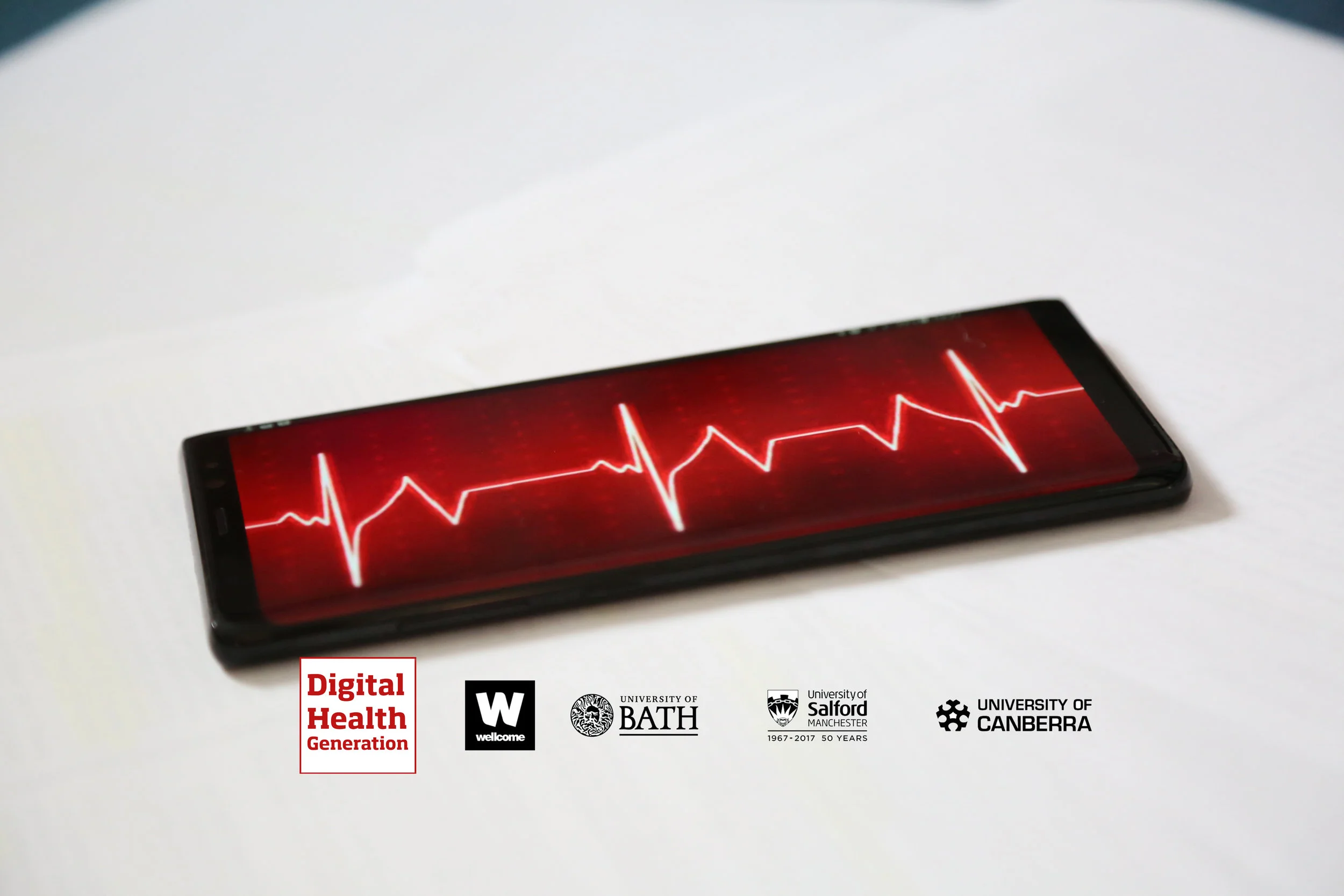
The Digital Health Generation
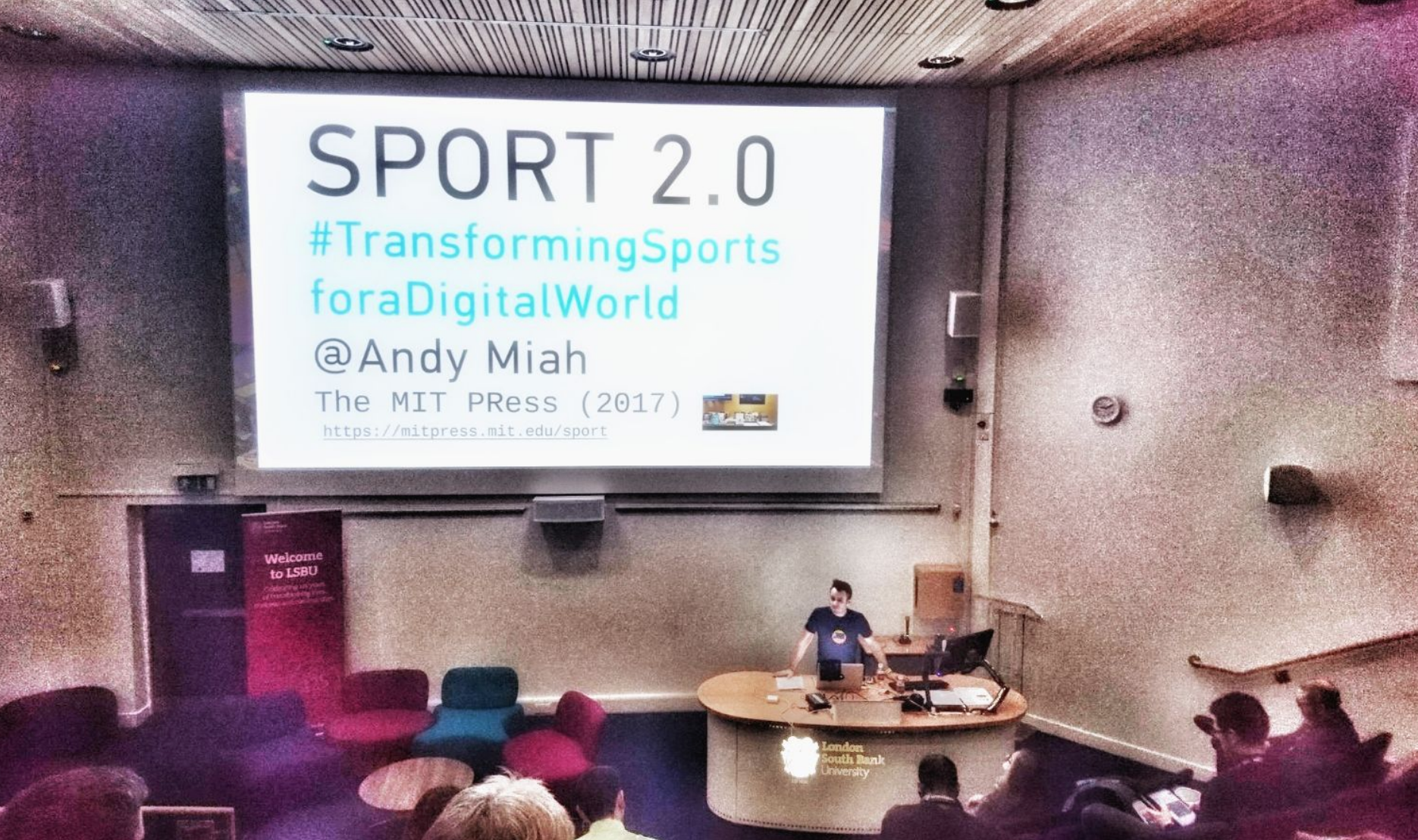
Sport 2.0 @ #MeCCSA2018
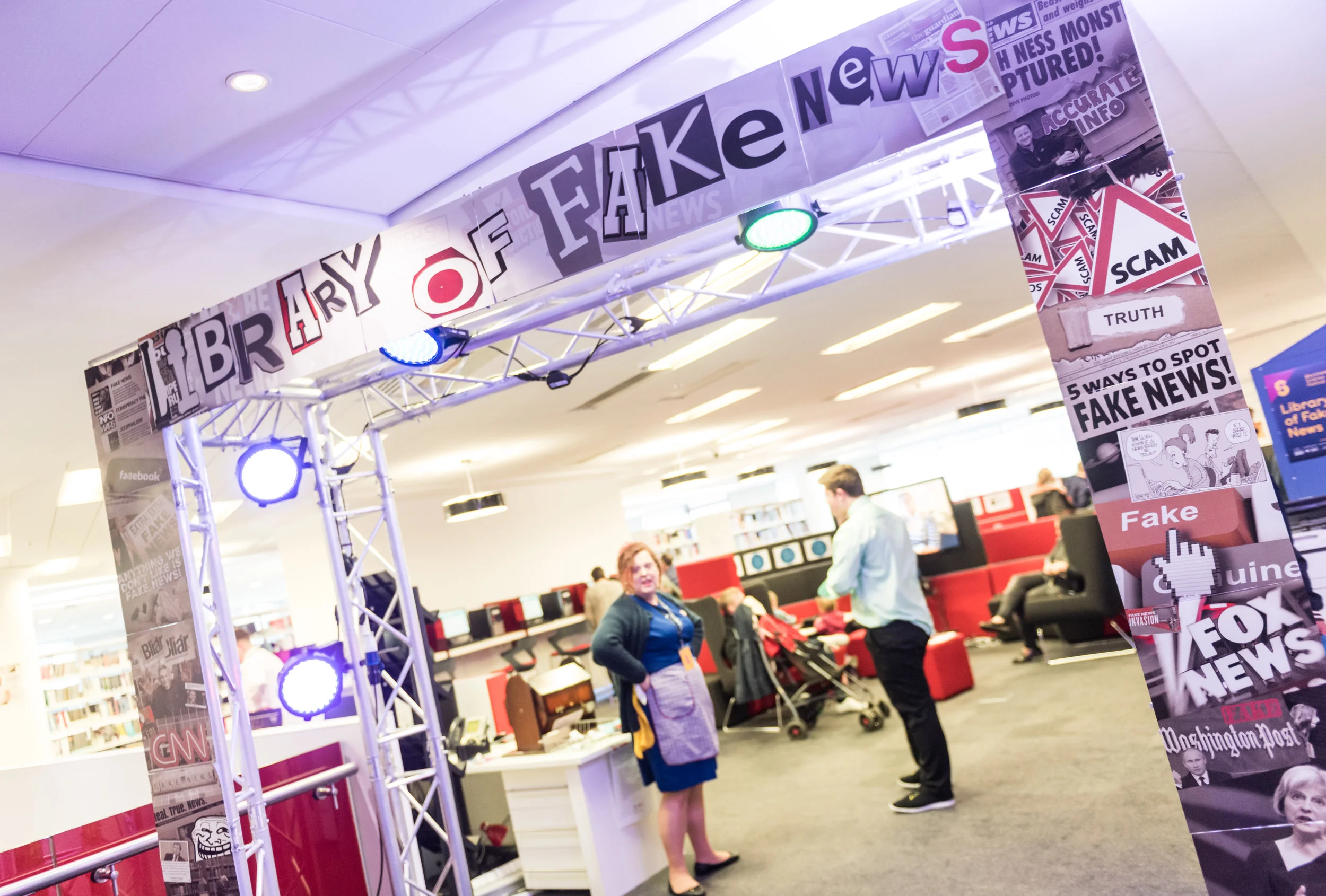
Fake News, Science, and Journalism
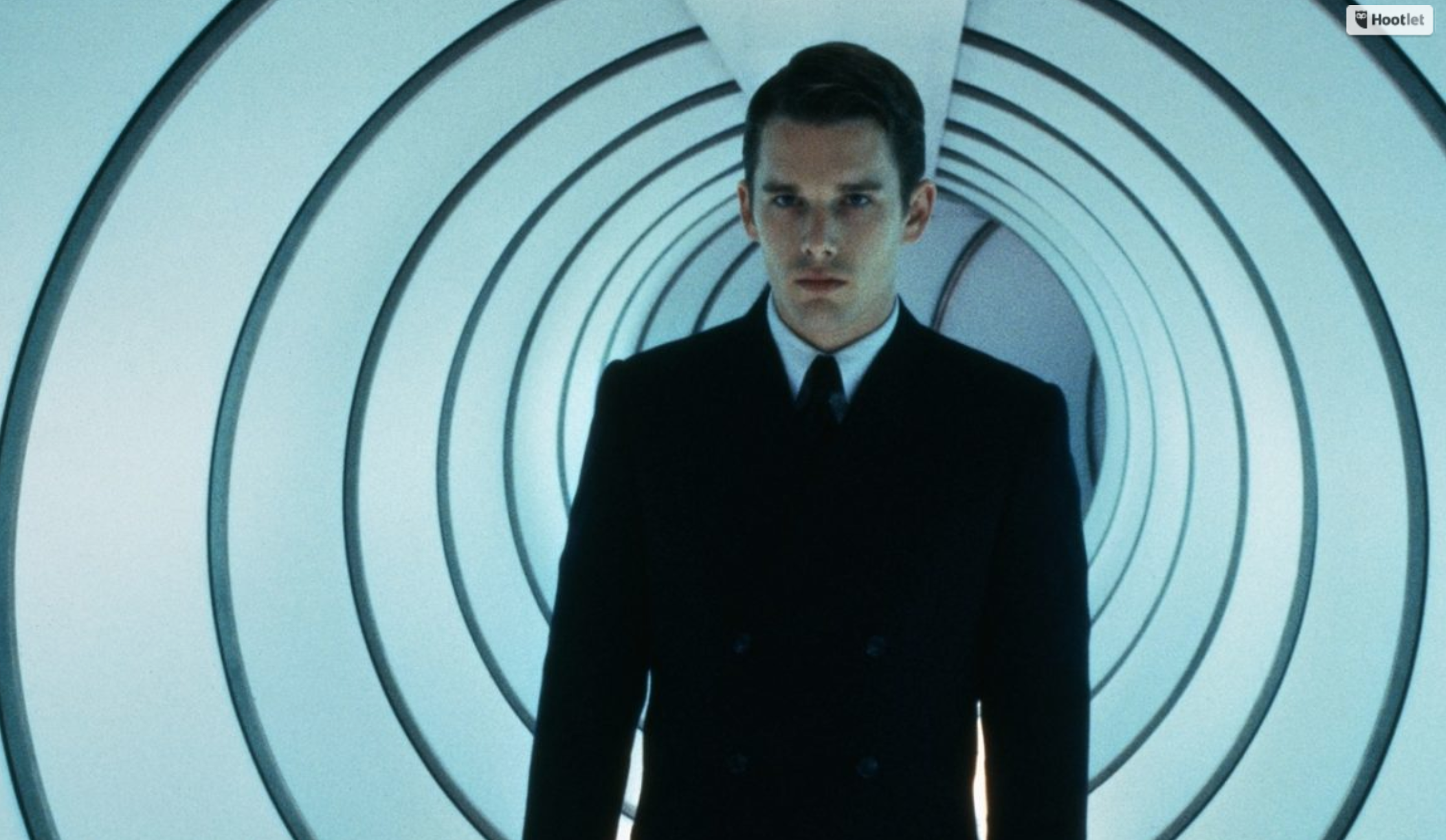
GATTACA 20 years later
